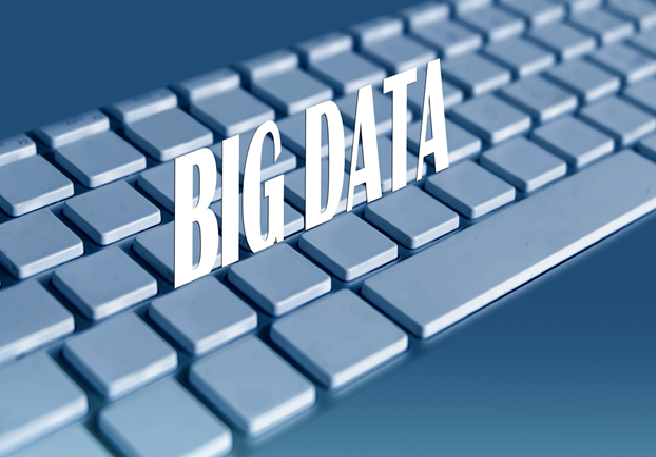Big data is one of the latest internet-powered developments that has caused an enormous impact across nearly all industries over the last couple of decades. The term big data alludes to the colossal amounts of information constantly collected by search engines and websites as people continue to use the internet for various purposes. This data consists of all kinds of information like numbers, images, tables, audio and video files, and every other possible type of information there is. As a result, big data analytics involves utilizing different analytical methods to obtain value from this colossal amount of information so that individuals and organizations can make better-informed decisions regarding all kinds of life and work events.
And whether you realize it or not, big data is making a significant impact on the global financial markets as well. As the exponentially increasing complexity and data generation are dynamically changing the way various industries are working, it’s significantly changing the financial sector for good. To make things clearer, in this article, we’ll review the three ways in which big data has altered the financial trading industry to help humans make better and more prudent decisions when trading.
How Big Data Is Taking The Financial Industry By Storm
Every day, the world is creating roughly 2.5 quintillion bytes of data. This whopping amount of data represents a fantastic opportunity to leverage this information in various ways by processing and analyzing the ever-growing sets of valuable data.

Nowadays, both finance and trading demand a lot of accurate data on display to make the best models and predictions based on real data analysis. While in the past, these numbers had to be arranged, categorized, and analyzed by real people, presently, this entire process is automatically calculated by machines and intelligent NLP-powered algorithms from start to finish. And because computers can go through the data and accurately process it and analyze it at a vast scale; as a result, much more precise and up-to-date stock or options selections and models can be made thanks to real-time analytics and the possibility to compare historical option prices, implied volatility, risk metrics, and others, all derived from the big live data that support the most sophisticated trading systems and platforms.
To get an even better perspective of how big data has changed the world of trading, continue reading to uncover the main ways it’s doing so.
The Creation Of Financial Predictive Models
In this day and age, the analytics behind the financial industry is no longer just an examination of the different prices and price behavior. Instead, they generate much more helpful information, including trends and everything else that could impact the financial and trading sectors.
These analytics are more precise and include more data that permits better predictive models to be created. These models can help traders make better financial predictions and effectively minimize the risk of making bad financial trading decisions.
Allowing For Real-Time Analytics
In case you didn’t know, algorithm trading is something that’s particularly buzzing around the financial sector right now. In fact, machine learning has taken such a giant leap forward, allowing computers to make much better decisions than a human would. Furthermore, machine learning-powered algorithms can finalize trades much faster and at frequencies that people would never be able to achieve.
This is all possible thanks to real-time analytics, as computers can incorporate the best practices and minimize the number of mistakes that could end up being caused because of inherent behavioral influences that would typically impact humans. In addition, this real-time analytics can effectively maximize the investing power that individuals and companies have by creating a leveled playing field where more parties have access to the correct information.
Provide Next-Level Risk Assessment
Big data is also essential for many actuarial processes. For example, financial institutions can use data analytics to develop better predictive models to identify better the risks associated with lending and precisely project the foreseen expenditures through insurance policies. This could be very well implemented in trading scenarios, where traders can use predictive models to assess the risk connected with investing in a given stock, option, or feature.

Final Thoughts
As you can tell, big data impacts how financial trading transactions get carried out in numerous ways. For example, it helps to make faster and more accurate trades, effectively reducing the risk of each trade while maximizing the profitability of trading strategies and scenarios.
Nevertheless, it’s also noteworthy to say that big data analytics can’t perfectly predict market scenarios all the time. Like anything else in this world, big data has imperfections like the incompleteness of data patterns. But, in total, big data analytics present far more benefits than disadvantages to financial trading, which is precisely why it’s becoming an inevitable necessity for financial trading.
Source link



